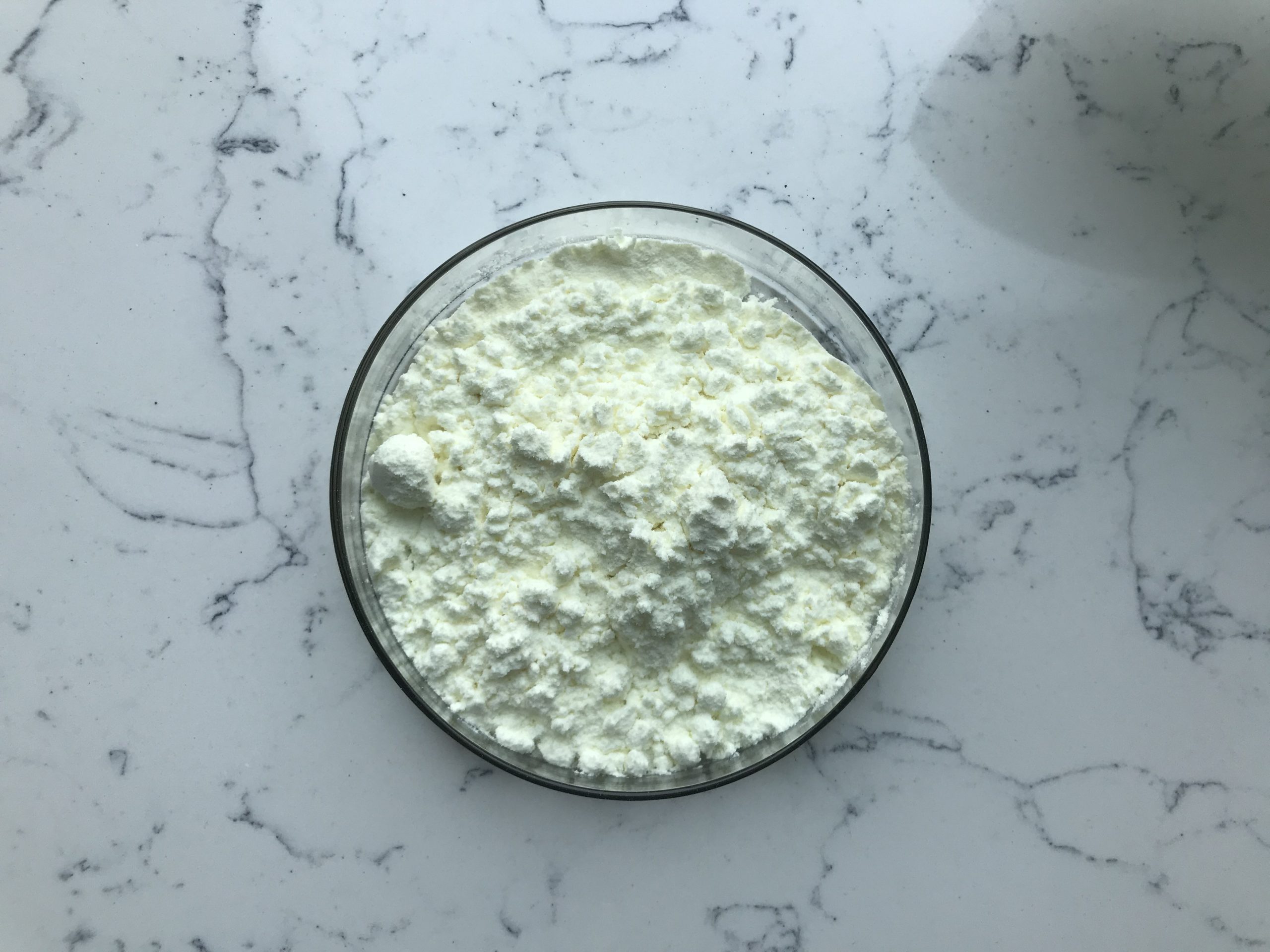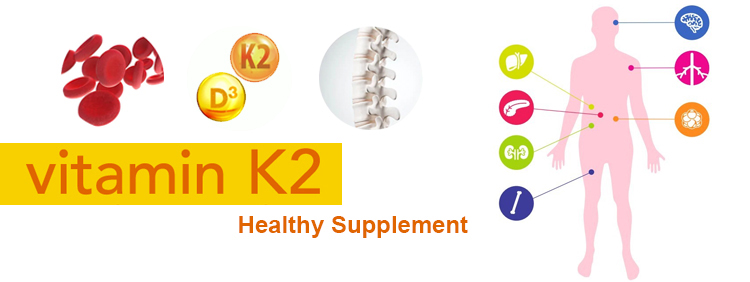Vitamin K2, also known as menaquinone, is a fat-soluble vitamin that plays a crucial role in various bodily functions, primarily related to blood clotting and bone health. There are different subtypes of vitamin K2, with MK-4 and MK-7 being the most well-known forms.
Effectiveness of Vitamin K2 :
Blood Clotting: Vitamin K2 is essential for the activation of certain proteins involved in blood clotting. Without sufficient vitamin K2, there may be an increased risk of bleeding disorders.
Bone Health: Vitamin K2 helps regulate calcium metabolism in the body. It activates proteins that direct calcium to your bones and teeth, which can improve bone density and reduce the risk of osteoporosis.
Cardiovascular Health: Some studies suggest that vitamin K2 may help prevent calcium buildup in the arteries, which can reduce the risk of heart disease.
Cancer Prevention: There is some research suggesting that vitamin K2 may have a role in reducing the risk of certain cancers, but more studies are needed to confirm this.

Side Effects of Vitamin K2 :
Vitamin K2 is generally considered safe when taken at recommended doses. However, excessive intake can lead to side effects, primarily related to its role in blood clotting. Here are some potential side effects:
Hemorrhage: If you take very high doses of vitamin K2, it can interfere with the action of blood-thinning medications, potentially increasing the risk of bleeding or hemorrhage.
Digestive Issues: Some individuals may experience minor digestive problems, such as nausea or stomach cramps, when taking vitamin K2 supplements.
Special Precautions Vitamin K2 :
Interaction with Medications: If you are taking blood-thinning medications like warfarin or anti-coagulants, consult your healthcare provider before taking vitamin K2 supplements. They can advise you on the appropriate dosage and monitor your blood clotting parameters.
Pregnancy and Breastfeeding: Pregnant and breastfeeding women should ensure they get their required vitamin K2 through their diet and not take supplements unless recommended by a healthcare provider.
Allergies and Sensitivities: If you have known allergies or sensitivities to vitamin K or any of its forms, avoid vitamin K2 supplements.
Underlying Medical Conditions: If you have liver or gallbladder issues, consult with a healthcare professional before taking vitamin K2 supplements, as these conditions can affect the absorption and utilization of fat-soluble vitamins.
Dosage: Always follow the recommended dosage on the supplement label or as advised by a healthcare professional. Taking excessive amounts of vitamin K2 is unnecessary and could lead to adverse effects.

It’s important to note that most people can obtain sufficient vitamin K2 through a balanced diet that includes foods like leafy greens, broccoli, Brussels sprouts, and certain fermented foods. If you have specific health concerns or dietary restrictions, consult with a healthcare provider or a registered dietitian for personalized guidance on your vitamin K2 intake.
